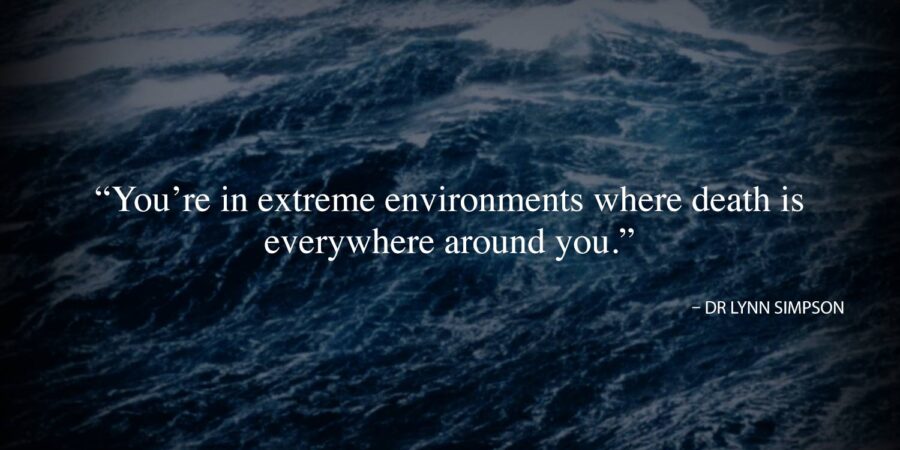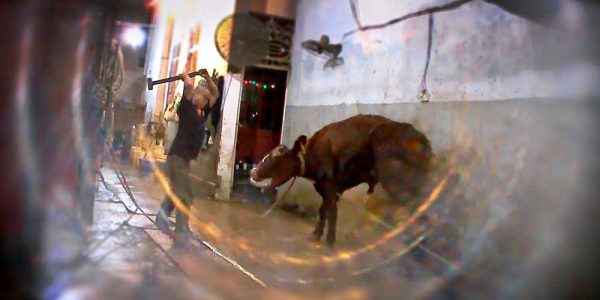Dr Lynn Simpson served as the on-board vet for some 57 live export voyages, tending as best she could to the needs of animals and humans alike.
Now, in an ongoing series of hard-hitting editorials (in the renowned shipping magazine Splash 24/7 and more recently The Good Weekend) Dr Simpson is using her unique insider’s view to systematically shred the marketing spin of live exporters. She gives harrowing and vivid descriptions of debilitating injuries, heat stress, slavery, pirates — as well as suffering and death on a colossal scale.
Australia condemns millions of animals to live export every year. These are just some of their stories.















